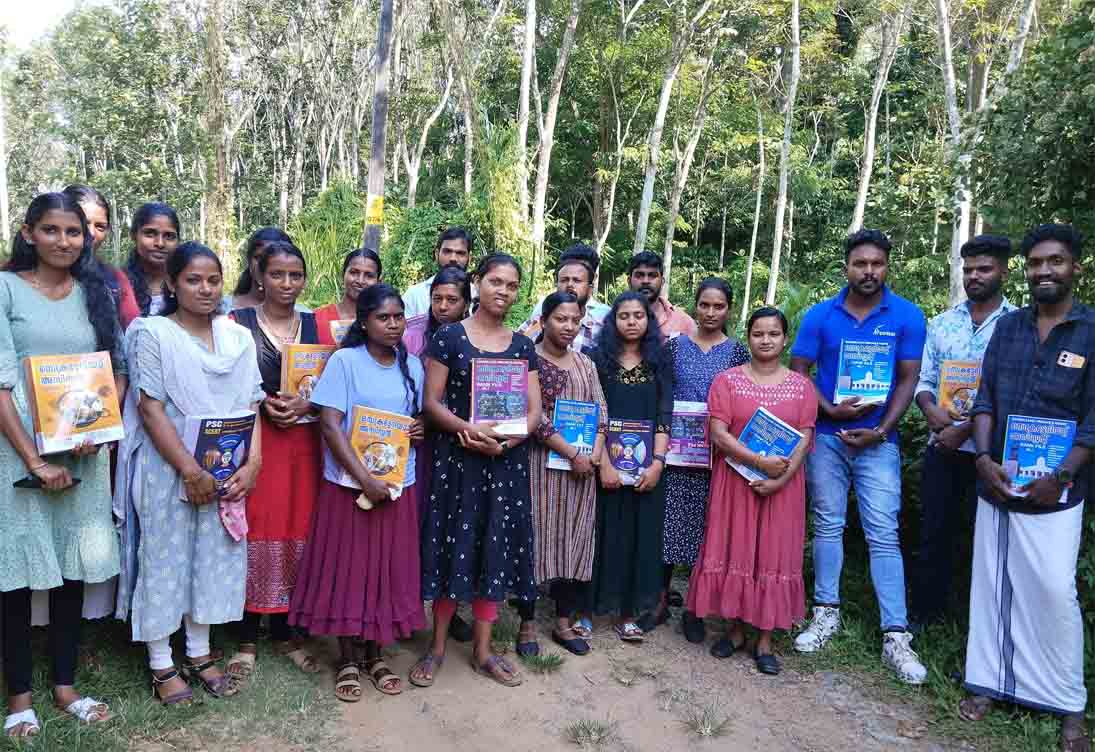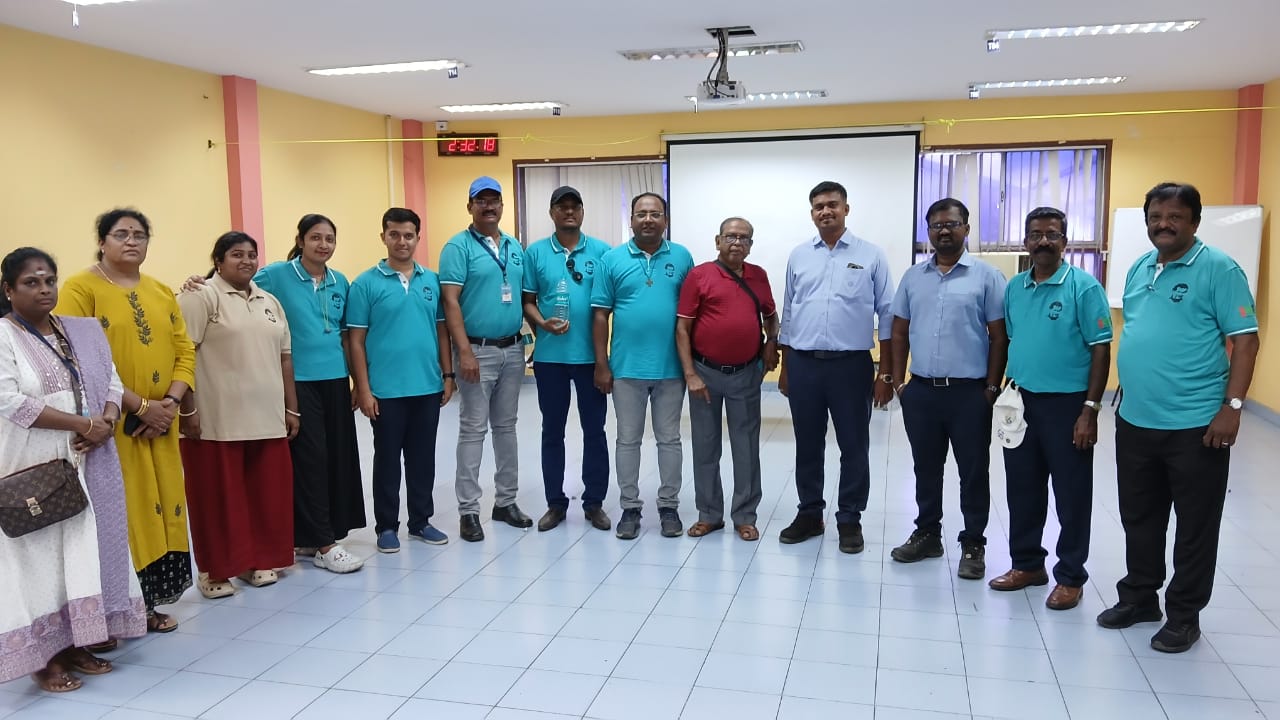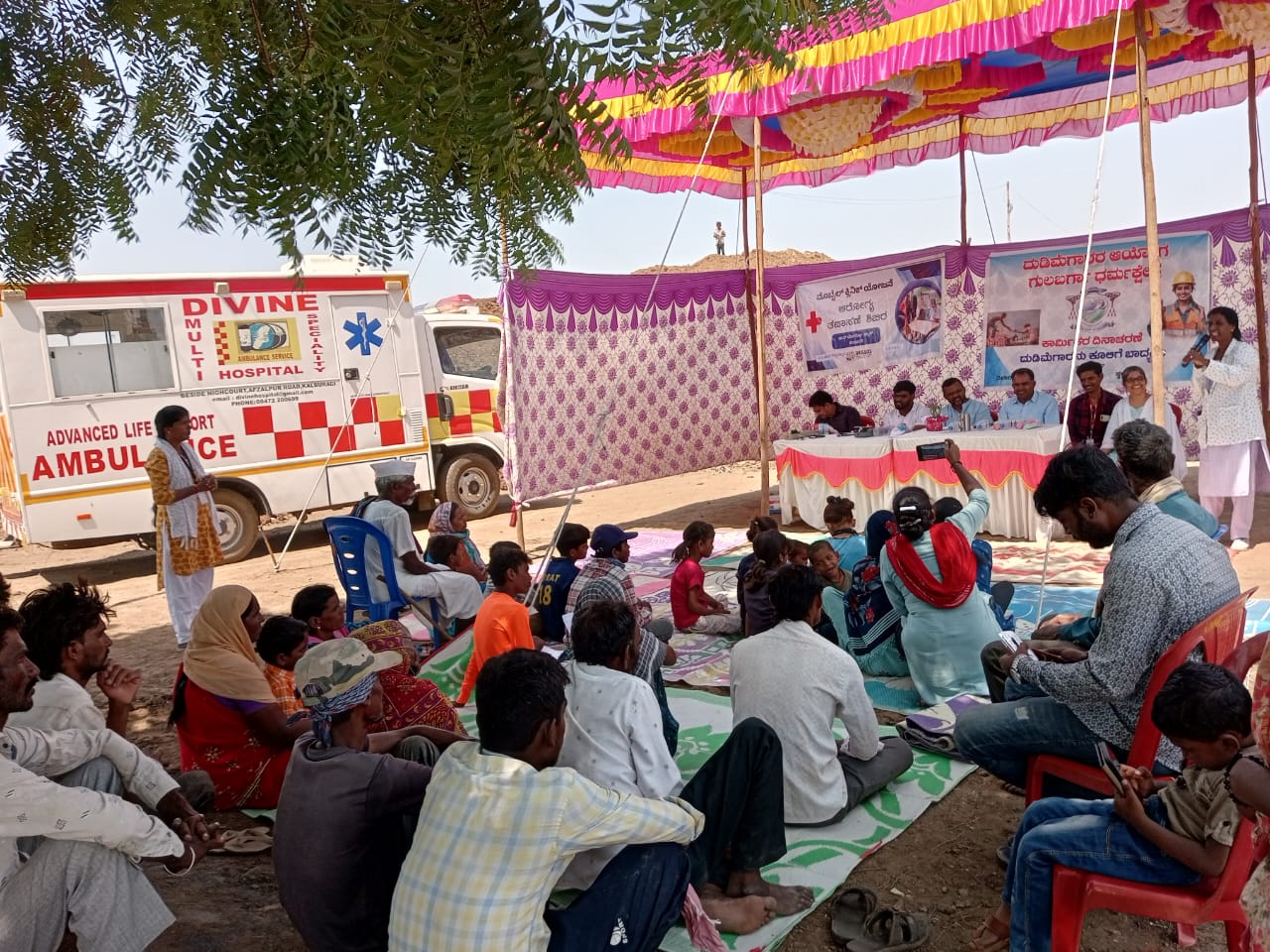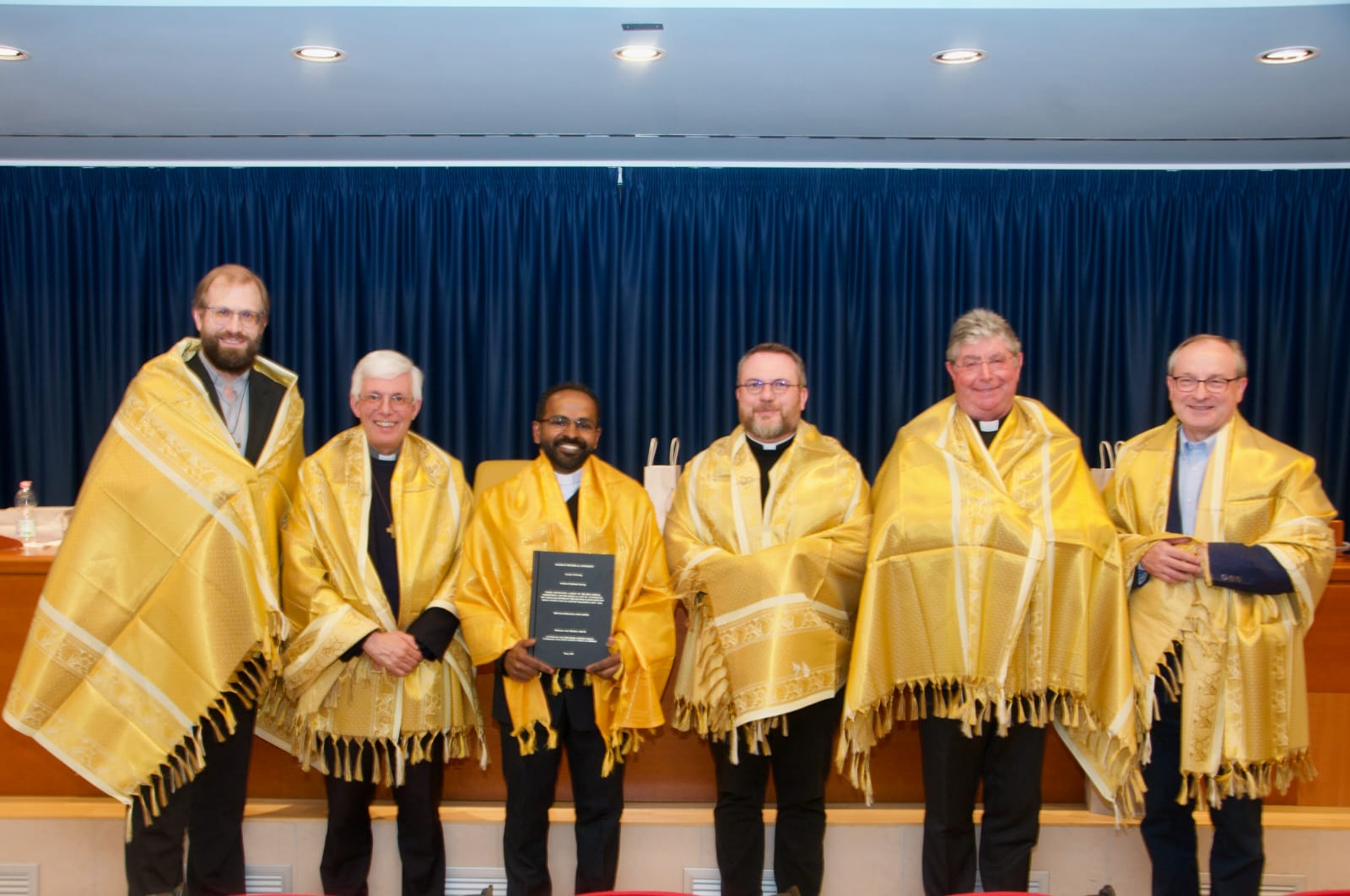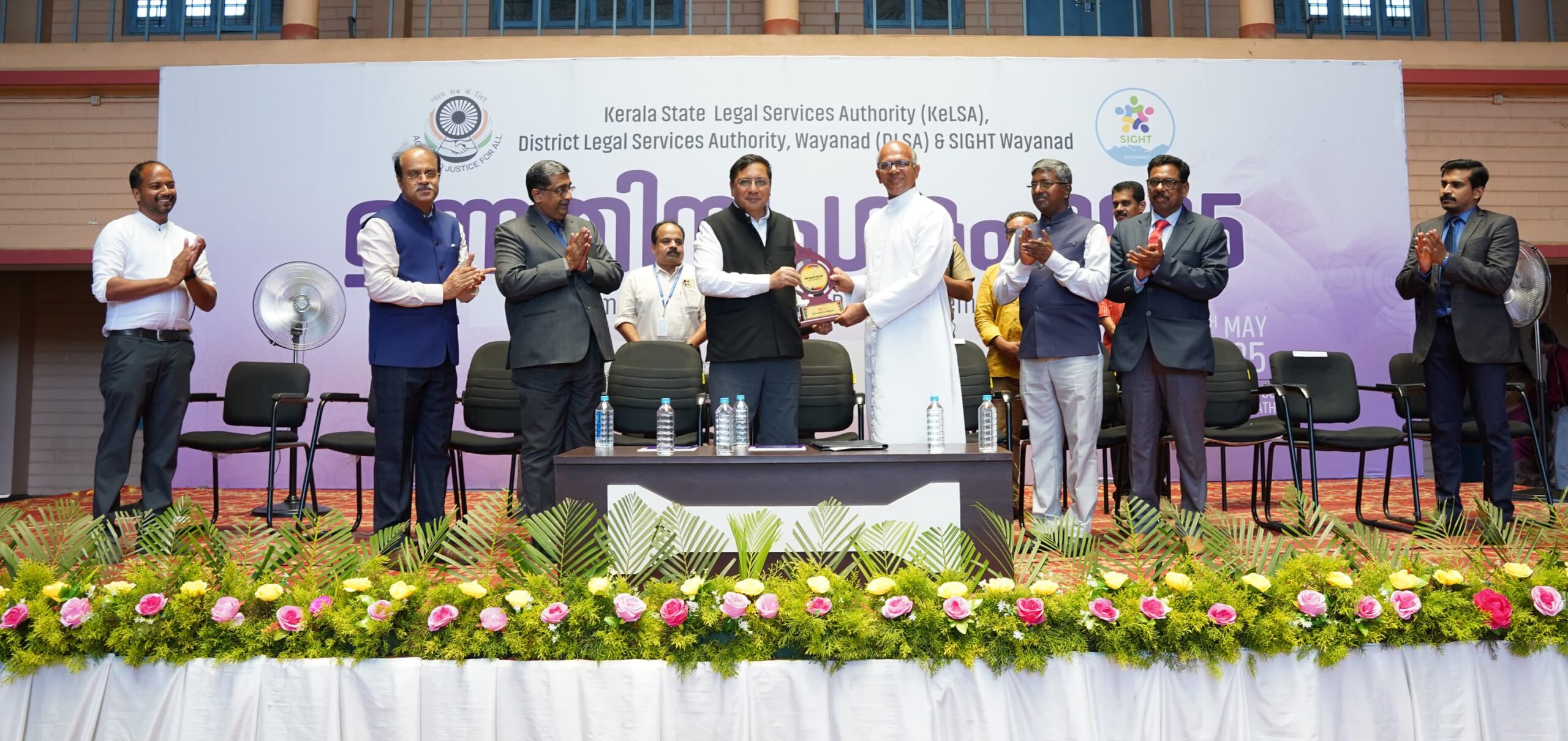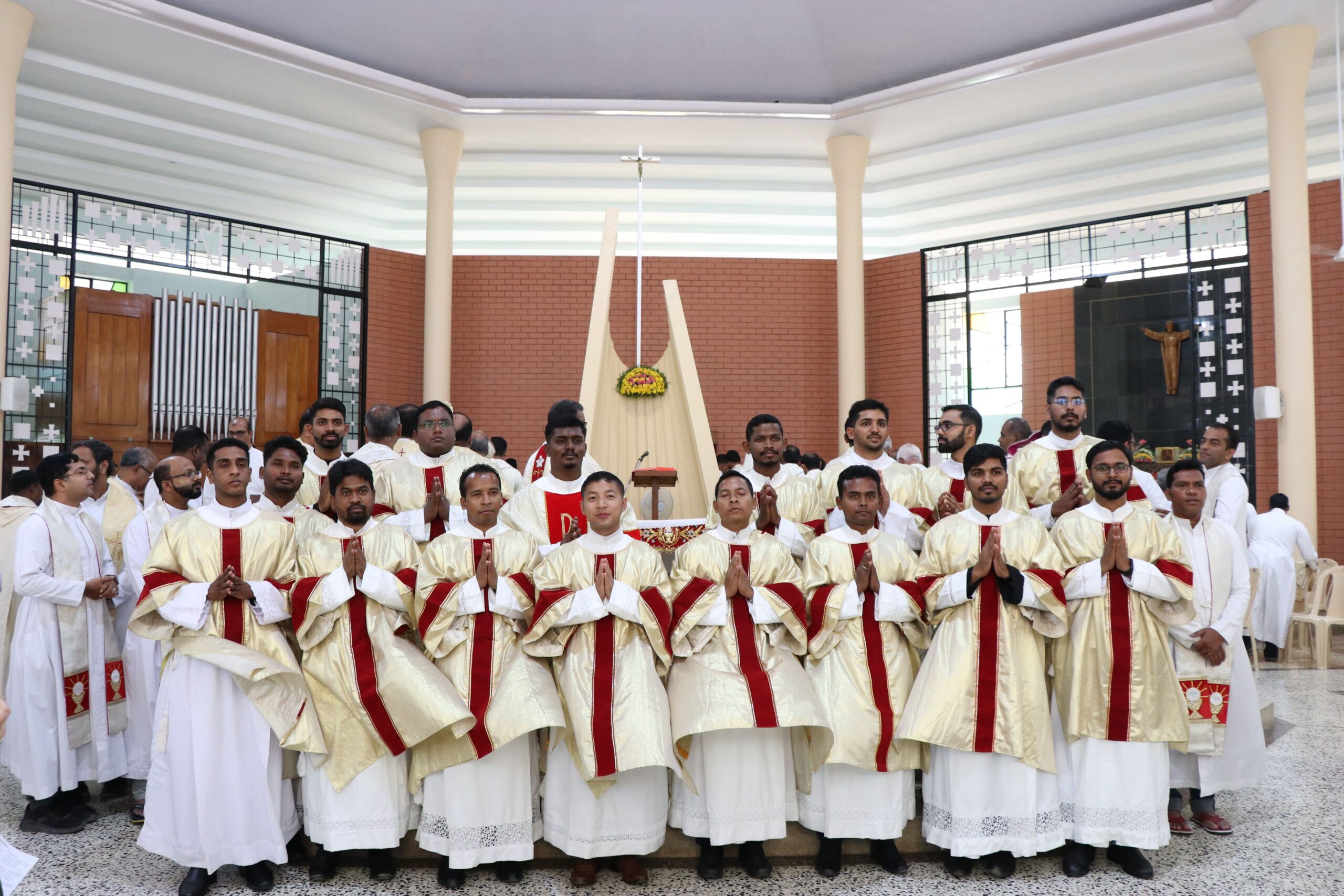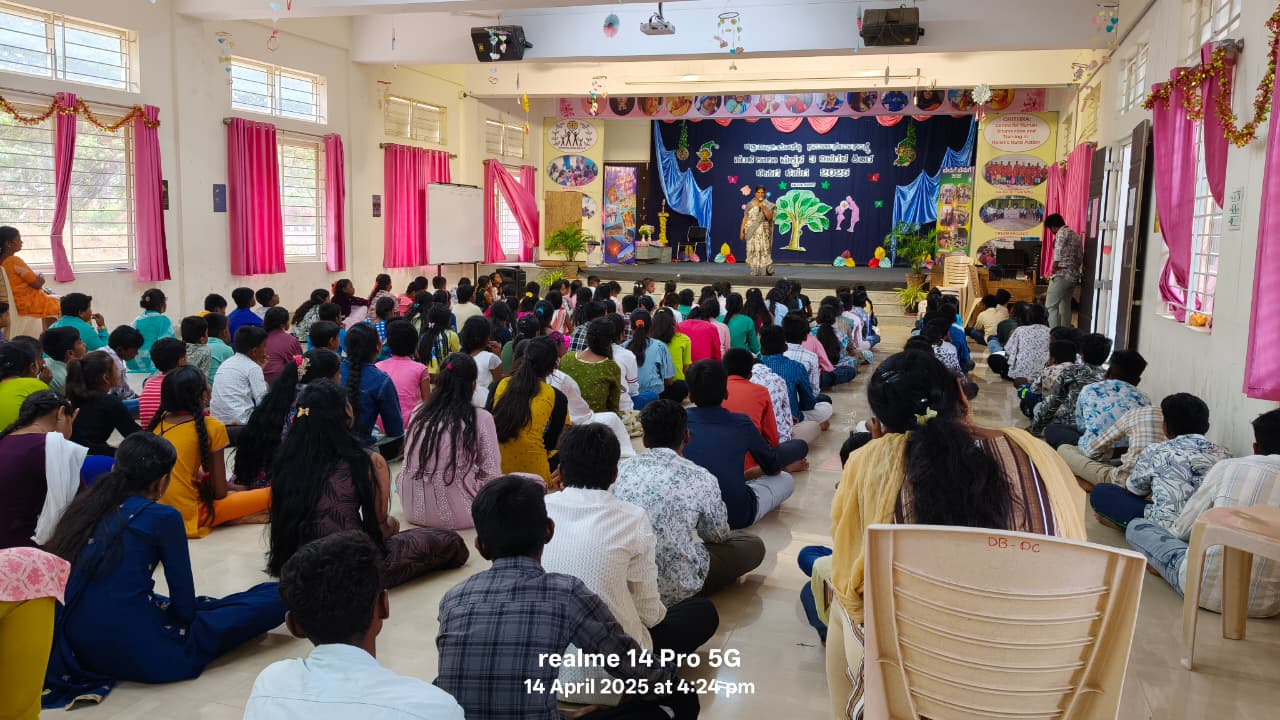
THE EDUCATIVE PASTORAL COMMUNITY (EPC)
We have been discussing and reflecting much about our Salesian mission which is a task achieved not solely by the SDB community, that is, by Salesian brothers and priests alone, but by the SDB community in collaboration with a vast number of persons whom we animate and make sharers in our mission (Cf. GC 24, 1996). This group of persons we call the Educative Pastoral Community (EPC). The Salesian Constitutions affirm this in Article 47 by stating, “We bring about in our works the educative and pastoral community which involves young people and adults, parents and educators, in a family atmosphere… We welcome and encourage their collaboration and we give them the opportunity to get a deeper knowledge of the Salesian spirit and the practice of the preventive system. We foster the spiritual growth of each of them, and to those who may be so inclined we suggest a closer sharing of our mission in the Salesian Family”. Hence the Salesian community does not close itself in the religious group, but rather expands its communion in ever-widening concentric circles. The perfect EPC may not exist anywhere; in any province at any time there will exist EPCs of various levels of intensity of involvement and functional efficiency. To begin to work one does not wait for the perfect situation. It is the very process that animates and gives life to the reality called EPC.
In the beginnings of the oratory or youth centre at Valdocco, a community very much like a big family began to gather around Don Bosco. This is the early foundation of our modern EPC. In those days the young were the focus of Don Bosco’s attention and mission, but so also of the many active and involved adults (among them his own mother Mamma Margaret) who were fascinated by Don Bosco and wanted to stay by his side. In this youthful atmosphere the Preventive System flourished. Both adults and youth achieved the heights of Christian holiness. Among them we have Blessed Michael Rua, Blessed Philip Rinaldi, St. Dominic Savio and many others. In this community of Valdocco were born the Salesian (SDB) Congregation and the Salesian Family.
Don Bosco did not employ the kind of terminology we use today, but in practice he adopted the idea of the educative community by gathering collaborators around him and involving the youngsters in a deeply educational setting. The educative pastoral community is a new name for what is typically Salesian, what has always been there since the time of Don Bosco. This is not a new structure or grouping to be superimposed on the centres or schools where we have been caring for the young. It is exactly the outcome of the family spirit of Valdocco, through which the youth knew and felt that they were loved and in which many adults felt close to Don Bosco and very much at home. The educative community, therefore, is a characteristic need of our system, which requires a vigorous environment of participation and constructive relationships, and brings everyone, educators and youngsters alike, in a single dynamic experience (Cf. GC 21, 102). We call it educative, because our coming together as a big family brings about growth from within, primarily in the young, but also in all the other members. We call it pastoral because by coming together we experience the benefits of being “Church”, particularly the saving power and love of Christ the Good Shepherd. We call it community because all of us are members: children, youth and adults; students, parents and educators; lay persons and consecrated Salesians. All of us are united not by chance or coincidence, or on account of a task or job to be accomplished, but because of a common set of shared values and convictions.
By putting together educative and pastoral in an inseparable bond (educative-pastoral), we affirm that in our community of consecrated and lay persons, of adults and youth, the Salesian youth ministry takes root and develops as a single integrated ministry, valid both in the field of education and in Church ministry. Furthermore, we emphasize that our final goal is to develop the young (and the adults too) into mature Christians, and to build up our Christian community through a growth process that respects the total person and nurtures the seeds of life and faith gradually, according to the pace of every individual member. In a word, the binomial expresses beautifully our Salesian motto: “We educate by evangelizing, and evangelize by educating”.
The members of the educative pastoral community in every Salesian work or setting include all those persons and groups within its sphere of control. These then are the so called “official” members of the EPC:
- The SDB community is a guarantee and point of reference for the precious Salesian identity.
- Children and youth. They are the privileged ones, because they are the hope and future of the community.
- Parents and elders. They are the ones primarily responsible for the growth of their children and their own families.
- Consecrated members of the Salesian family. By their calling they are sharers in the Salesian mission.
- Lay mission-partners. They share in the one Salesian spirit and mission.
Our educative pastoral community enables us, SDBs and lay people alike, to experience genuine communion because we share in the spirit of St. John Bosco and are co-responsible for the mission on behalf of poor youth.
Through our life of communion and our ministry, our educative-pastoral community becomes a meaningful experience of “being church”, and a significant Salesian presence in the local Church and society. Alive and growing in the locality, it links up with many other persons and groups not belonging to the community but falling within the sphere of its influence. These include:
- All those who work for young people, whether in the government or in the private sector.
- Past pupils and graduates already involved in their own communities.
- Groups and movements within our “sphere of influence” in the local church and society.
The Role of the Lay Persons in the EPC
The EPC consists of all those who are stakeholders in our educational and pastoral works. They share and collaborate with us in our work. For us SDBs it is a question of uniting all their efforts for the realization of a common project for the benefit of the young. The awareness of the common mission must be developed, and the shared responsibility of all who take part in the planning of the work and the collaboration of each must be recognized. Lay people are actively present in the Salesian educative and pastoral community, having a specific role because of the contribution they give to our ministry to the young. Their contribution is an indispensable element in the educational and pastoral work.
The principal requisites asked of the lay persons embracing the Salesian mission are:
- Personal coherence, so as to become an educative point of reference for the young;
- Educative attitude and sensitivity to the youth condition, especially of the poor;
- Love for Don Bosco and his method of education; and
- Openness to God and respect for diversity (GC 24, 164).
The progressive involvement and assuming of responsibilities call for the gradual growth of the lay educator. The areas to be given attention in this regard are:
- Human maturity: affective balance, ability for family style relationships, ethically sound, sensitive to social values and ready for ongoing formation.
- Educative competence: positively motivated, professionally prepared, cordial and open to people, and sensitive to the pastoral dimension of education.
- Salesian identity: attentive to the needy youth, progressive knowledge and practice of the preventive system, concrete presence in the midst of youth and willingness to follow the local SEPP.
- Christian witness: coherence of faith and participation in ecclesial life (GC 24).
The Salesian Community in the EPC
Don Bosco wanted consecrated persons at the centre of his work, oriented to the young and their holiness. He wanted the SDBs to be the precise point of reference for his charism so that with their total dedication he could give the solidity and apostolic thrust needed for the continuity and worldwide extension of the mission. The consecrated Salesians become Don Bosco of the present times who can say in all truth, “For you I study, for you I work, for you I live, for you I am ready even to give my life.” Thus the Salesian community has a particular task with respect to the educative community. Article 5 of the Regulations describes the Salesian community as the “animating nucleus” of the educative community. Article 47 of the Constitutions expects three things from the SDB community vis-a-vis the lay collaborators in the EPC: (1) that “we welcome and encourage their collaboration”; (2) that “we give them the opportunity to get a deeper knowledge of the Salesian spirit and the Preventive System”; (3) that we “foster their spiritual growth” and “suggest (to them) a closer sharing in the mission of the Salesian Family”.
The Salesian community being the “animating nucleus of the EPC” would imply the following, as explained by GC 24, 159:
- Testifying to the primacy of God and total dedication to education and evangelization;
- Guaranteeing the charismatic identity;
- Being the centre of communion and participation;
- Promoting, urging and calling on the laity to share in DB’s spirit and mission; and
- Promoting spiritual, Salesian and vocational formation.
If the lay persons find themselves welcomed in a family atmosphere and environment, if they are formed into the values of the Preventive System and the Salesian spirit, if they feel personally involved in the great objectives of the education and evangelization of the young, it is natural that they may wish to join the lay Associations which Don Bosco himself founded for uniting all those who wanted to share in his mission. It is the responsibility of the Salesians to foster this process and propose a Salesian vocation (AGC 317 p 19-21). Within the EPC it is the task of the SDB community to promote shared responsibility which could find expression at every level, in dialogue, in teamwork, in the organization of structures and adequate organisms and in the search for financial resources (GC 24,117). At the practical level the SDB community should see to it that the laity participate in decision-making regarding pedagogical and pastoral perspectives, new mission fields, financial implications, constructions and restructuring (GC 24, 123).
The EPC Council
The EPC Council is the body that animates and coordinates the implementation of the Salesian Educative Pastoral Project (SEPP). It is the task of the SDB community to set up or consolidate the EPC Council as the central organism which animates and coordinates the whole Salesian enterprise, through reflection, dialogue and the programming and revision of the educative and pastoral activity. These Councils must be made up of those SDBs and lay persons who have roles of responsibility in the EPC in line with the criteria defined at the provincial level (GC 24, 171).
The Council of the Work
Within complex institutions which have several sectors of activity (e.g. parish, school, hostel, young in difficult situations, etc.) there can exist several EPCs or just one EPC. If there are as many EPCs as there are sectors of work, each will have its own EPCC. Uniting and coordinating all these EPCCs, there will be what is called the Council of the Work which will consist of representatives of the various EPCCs. In the case of the EPC Council and the Council of the Work, it is the task of the Provincial and his Council to determine the criteria of composition, define the competencies, establish the levels of shared responsibility and the areas of decision, and also, to indicate the method of the necessary linkage with the local council of the Salesian community (GC 24, 171).
The EPC is the Salesian way of animation in every context to achieve Don Bosco’s educational mission. Let us make every effort to foster greater unity, collaboration and sharing in the EPCs to realize our mission following the model Don Bosco established at Valdocco. With the EPC let us strive to form wherever we are present, a community of people geared to the education of the young that can become an experience of Church for them and lead to a personal encounter with Jesus Christ (Salesian Youth Ministry Frame of Reference, p. 117).
Wishing you all a Happy Feast of the Nativity of our Bl. Mother and praying for her blessings on each one of you and on the community.
Affectionately in the Lord,
Fr. Jose Thomas Koyickal sdb,
Provincial
-
LENT: A JOUR...
29 March 2025 -
“ANCHORED IN...
14 February 2025 -
JUBILEE 2025...
08 February 2025 -
THE BIRTH OF...
08 January 2025 -
MONTH OF NOV...
13 November 2024 -
REDISCOVERIN...
13 October 2024 -
SYNODALITY A...
13 September 2024 -
INDEPENDENCE...
04 August 2024 -
THE SACRED H...
04 August 2024 -
THE SPIRITUA...
04 August 2024



